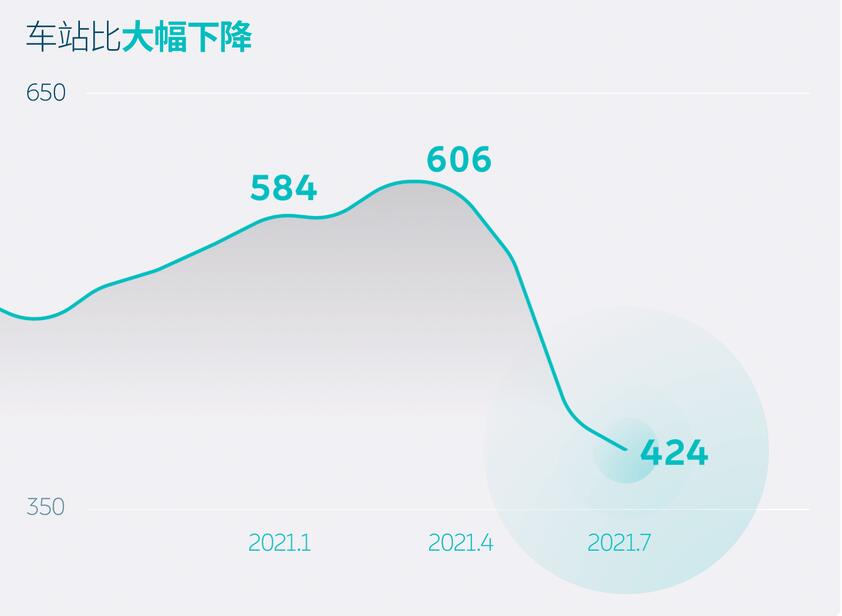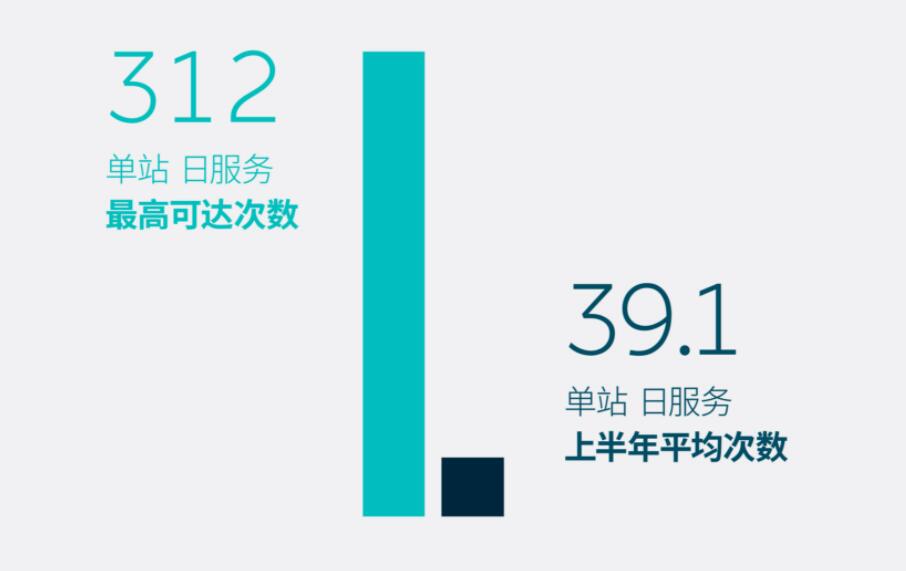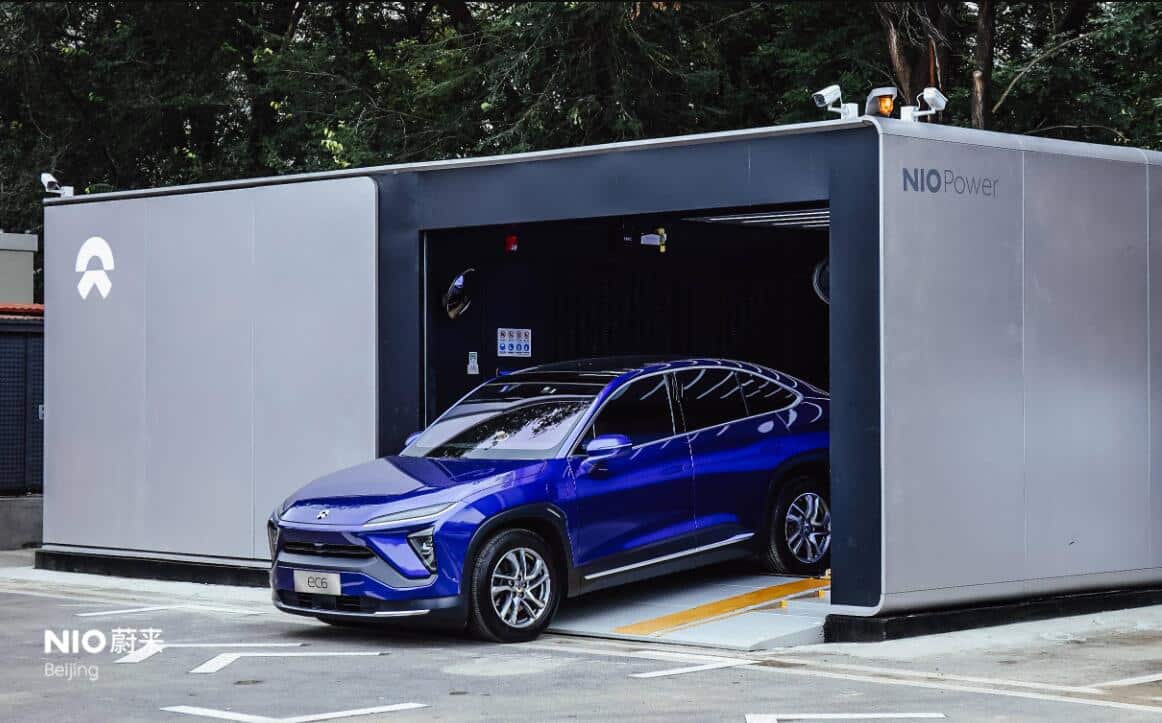As Nio continues to build its iconic battery swap stations, more customers are living near such energy recharge facilities.
By the end of July, 30.86 percent of users had a battery swap station within a 3-kilometer radius, according to data released Friday by Nio.
At the first Nio Power Day event on July 9, Nio said the percentage was 29 percent and that was unsatisfactory.
Nio mentioned at the time that it hoped to have 90 percent of users have a battery swap station within a 3-kilometer radius by 2025.
As the number of battery swap stations increases, the average number of users served by each station decreases, Nio said.
The reduced saturation of battery swap station services allows more time and effort to improve the quality of service for customers and gives them more flexibility in choosing when to swap, according to Nio.
By the end of July, Nio's ratio of vehicles to battery swap stations was down 30 percent from April, with an average of 424 customers per swap station, the company said.
Nio's battery swap stations provided an average of 39.1 services per day in the first half of the year, while the latest second-generation stations can provide up to 312 services per day, leaving plenty of room for additional services.
After the second-generation battery swap station went live, users' waiting time was reduced by 21.1 percent compared with the first-generation product, Nio said.
The company put a total of three new battery swap stations into operation in Beijing and Ningbo on Friday, bringing the total to 348.


